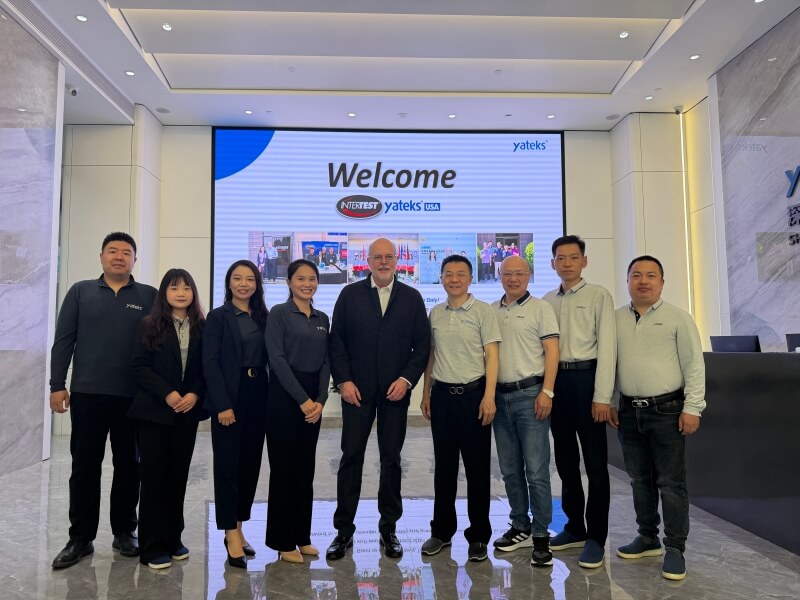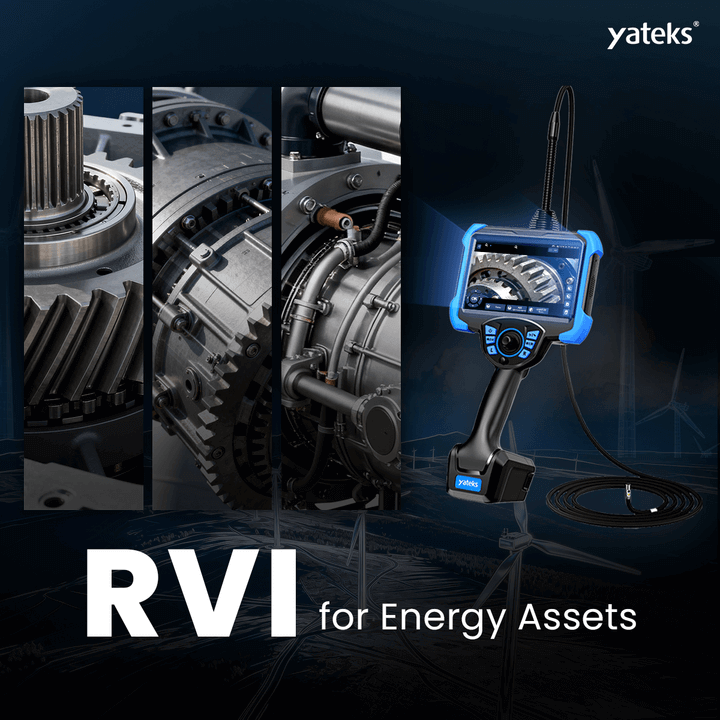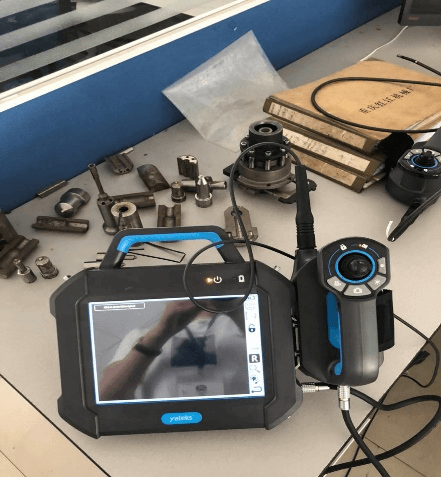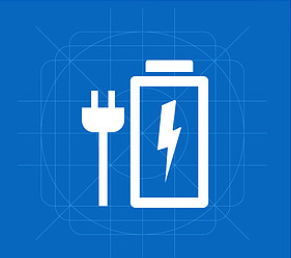Industrial Borescopes, as RVI instruments, have been playing a more and more important role in modern industries in links from manufacturing to maintenance. There are many industries such as aviation, power gen, chemical processing, oil&gas, car manufacturing etc. which have regarded articulating borescopes as one of their most important friends during their work. Portable industrial borescope is the most popular type, as it’s easy and convenient to be taken to any indoor and outdoor applications for inspections. In this process, batteries are an essential part to ensure the instrument powered to work. If you have ever used borescopes of different brands, you will find the most commonly used batteries are replaceable 18650 Li-batteries.

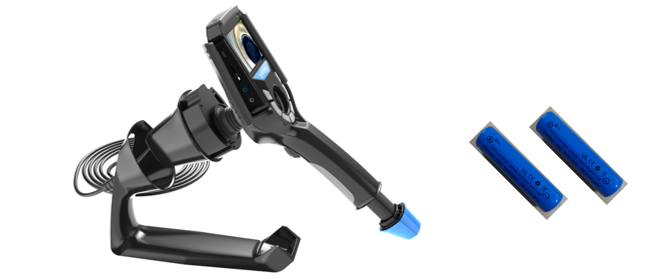
Do you have any worries about the 18650 Li-battery life and get upset because of decreasing battery capacity? Actually, based on 18650 Li-battery principle, these batteries can be used and stored in proper ways to help maintain longer service life with stable battery capacity. Here are some knowledge and tips regarding the 18650 Li-battery to be shared with you:
There are many electronic components on the protection board of the battery pack. IC, MOS, capacitors, resistors, etc. will continue to consume electricity by themselves, plus the self-discharge of the battery itself (this will happen on all rechargeable batteries including lithium batteries, polymer Battery, lithium iron phosphate battery, nickel-metal hydride battery). Although the self-discharge is very small, tens of microamperes/hour, the number of calls in the normal use process can be ignored, but if it is not used for a long time, it’s still not too small to count. In addition, some electronic components on the product may leak faster and the time will be shorter. Therefore, if it is not used for a long time, it will leak and the battery will be out of power. If the lithium battery is not used for a long time, it should be stored scientifically and reasonably to prevent damage to the lithium battery and from shortening its service life.
Storage methods for 18650 lithium batteries if long-term no-use:
1. The 18650 lithium battery should be charged with 50%~80% of the power if it is not used for a long time, and it should be removed from the instrument and stored in a dry and cool environment. The battery should be charged every 3 months to avoid excessive storage time during when discharge leads to low power, resulting in irreversible capacity loss.
2. The self-discharge of the lithium battery is affected by the ambient temperature and humidity. High temperature and humidity will accelerate the self-discharge of the battery. It is recommended to store the battery in a dry environment at -20℃~30℃.
Daily maintenance and maintenance of 18650 lithium battery:
1. The newly purchased lithium battery will have some surplus, and the remaining power needs to be used up and recharged. After 2-3 times of normal use, the lithium battery activity can be fully activated;
2. The 18650 lithium battery has no memory effect and can be charged as needed, but it should be noted that the lithium battery cannot be over-discharged. Over-discharge will cause irreversible capacity loss;
3. In daily use, the newly charged lithium battery should be used after the charging performance is stable, otherwise it will affect the battery performance;
4. The operating environment of the 18650 lithium battery: the charging temperature of the lithium battery is 0 ℃~45 ℃, and the discharge temperature of the lithium battery is -20℃~60℃;
5. Do not mix the battery with metal objects, in case that the metal objects touch the positive and negative electrodes of the battery, causing a short circuit, damaging the battery or even causing danger;
6. Do not knock, acupuncture, step on, modify, or expose the battery, and do not place the battery in microwave, high-voltage and other environments;
7. Use a regular matching lithium battery charger to charge the battery, do not use inferior or other types of battery chargers to charge the lithium battery.
Yateks is a world-class manufacturer of industrial endoscopes. All our endoscopes are equipped with high standard 18650 Li-batteries with protective board. Feel free to contact us at [email protected] if you have any needs or questions regarding industrial endoscopes. Our professional technical team will share you all expert knowledge, not only about endoscopes themselves, but also about all other things relevant to endoscopes.

